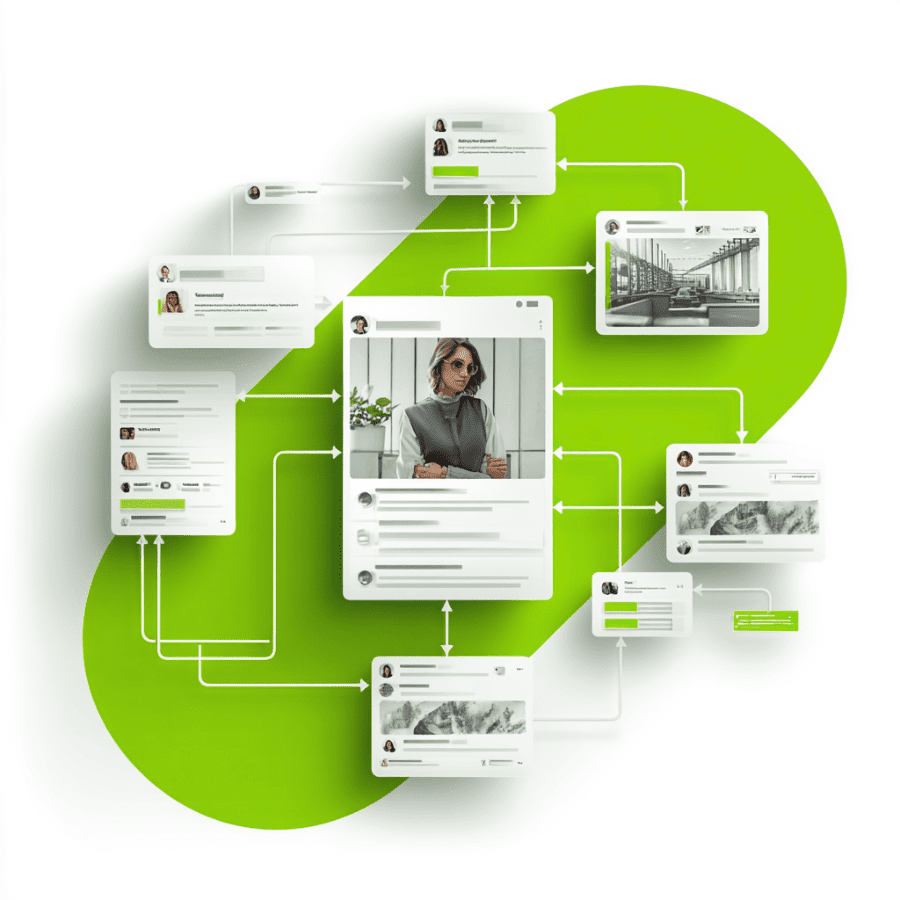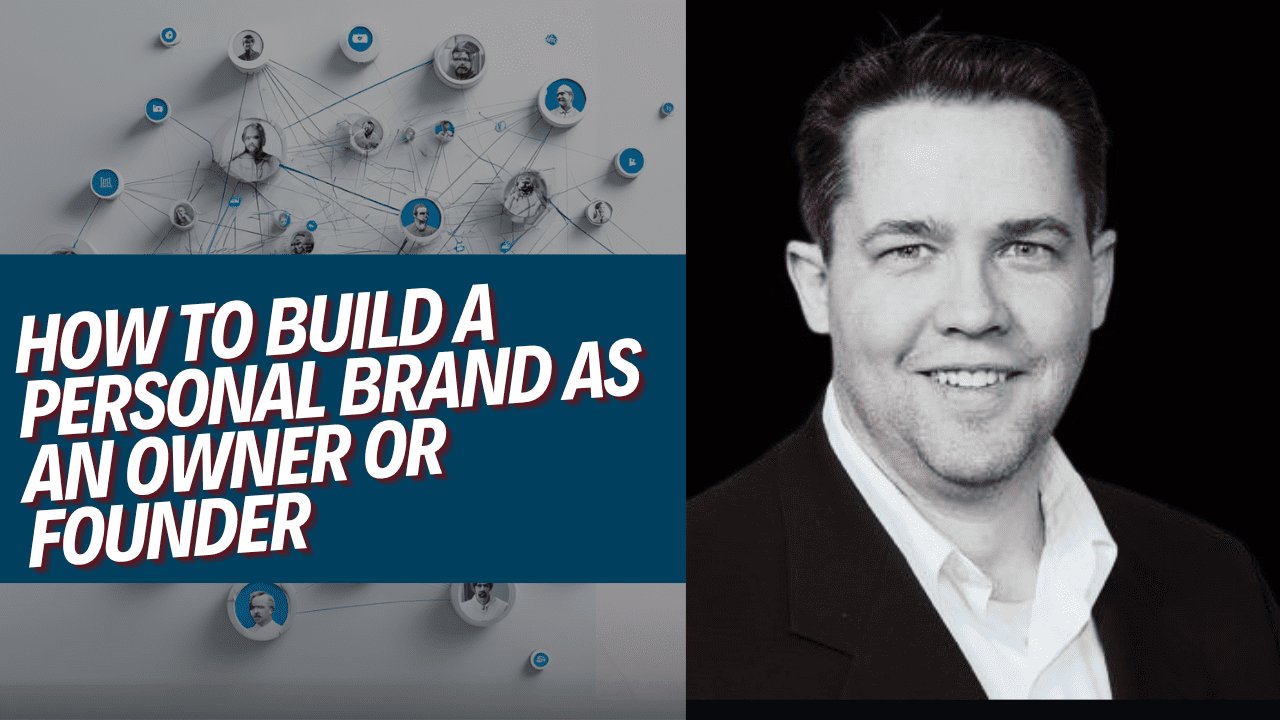Marketing in 2025 is being reshaped by rapid advances in AI, shifting buyer expectations, and the collapse of traditional tactics. To remain competitive, marketers must rethink strategies, embrace adaptability, and build systems that are as dynamic as their audiences. Drawing on research from Ogilvy, Marketo, LinkedIn, and SEO experts, here are the key ways marketing must evolve this year.
From Campaigns to Adaptive Systems
Traditional marketing campaigns—short-lived, siloed, and focused on immediate results—are no longer enough. Only 29% of strategists say their organization can pivot effectively in the face of disruption. In 2025, marketers must adopt adaptive go-to-market (GTM) systems, which treat marketing as a continuous, always-on process.
Key shifts include:
- Mixed-model KPIs: Balancing long-term brand building with short-term performance.
- Holistic teams: Moving beyond campaign silos to horizontally integrated, cross-functional teams.
- Continuous optimization: Using experiments and “optimization waves” to adjust in real time.
- Buyer motivation focus: Designing strategies around what customers want, not just demographic data.
In practice, this means marketing becomes less about the “big launch” and more about ongoing relevance and adaptability.
Customer-Centric Journeys Over Funnels
Inbound marketing continues to dominate, but it’s becoming smarter and more nuanced. The B2B buyer’s journey—awareness, consideration, decision—requires tailored content at every stage. Too many brands still rush prospects into demos or purchase CTAs before they’re ready.
In 2025, marketers must:
- Provide educational content early on (blogs, infographics, white papers).
- Offer ROI tools and case studies during consideration.
- Use demos, testimonials, and free trials at the decision stage.
This staged approach respects the buyer’s pace and builds long-term trust, ensuring brands stay present from awareness to purchase.
Skills & Technology: The New Power Duo
By 2025, machine learning, neuromarketing, and analytics are among the most valuable skills in marketing. Traditional tactics like email and social media marketing are declining in importance, replaced by customer lifetime value (CLV), retention, and marketing-sourced revenue as top KPIs.
Key implications:
- Investment in technology is now critical. 45% of marketers say tech investments set their teams apart.
- Skills gaps are widening. Many teams have the tools but lack the expertise to use them effectively.
- AI is table stakes. Generative AI and predictive analytics are expected to drive efficiency, personalization, and creativity.
In short: winning teams will combine cutting-edge tools with human adaptability—data science meets storytelling.
The Rise of Human-Centered Agility
According to LinkedIn’s 2024 B2B Benchmark, the marketer of the future must be multidisciplinary, collaborative, and agile. While AI and automation power efficiency, soft skills—like communication, problem-solving, and adaptability—are becoming just as important.
What’s changing:
- AI + human skills balance: Data crunching isn’t enough; empathy and creativity are equally valued.
- Marketing-sales alignment: Future-ready teams emphasize collaboration across departments.
- Skill diversification: The most in-demand skills are data analysis, adaptability, and communication.
Marketing in 2025 is less about “specialists in silos” and more about versatile, cross-functional contributors.
SEO in the Age of AI & Zero-Click Search

Search is no longer about driving clicks—it’s about being cited by AI systems. Google’s AI Overviews now resolve nearly 40% of queries without sending users to websites.
Adaptation requires:
- Snippet-first content: Direct, concise answers with structured formats (lists, FAQs, tables).
- Schema markup: Implementing FAQPage, Article, Review, and Event schema to help AI parse content.
- Unique authority signals: Content that demonstrates Experience, Expertise, Authoritativeness, and Trust (E-E-A-T).
- Monitoring AI platforms: Beyond Google, visibility now extends to ChatGPT, Perplexity, and YouTube.
In essence: your content must serve both humans and machines, engineered for clarity, authority, and extractability.
Budget Reallocation: From Ads to Tech & CX
Marketing budgets are shifting. While paid ads and social remain relevant, technology spending is outpacing traditional advertising. Smaller companies are nearing parity between ad and tech spend, while large firms still over-index on ads.
Simultaneously, customer experience (CX) is absorbing more budget. CMOs are pushing for bolder, creative campaigns that prioritize personalization, storytelling, and immersive brand experiences.
Marketing in 2025 = Adaptive, Human, AI-Ready

The marketing playbook is being rewritten. Instead of static campaigns and keyword-first SEO, 2025 demands:
- Always-on adaptive GTM systems
- Customer-first journey mapping
- AI-powered tools and analytics
- Human-centered agility and collaboration
- SEO built for snippets and AI-driven search
- Rebalanced budgets toward technology and CX
Marketers who embrace adaptability and balance technology with human skills will thrive in 2025. The rest risk being left behind in an AI-dominated, customer-driven marketplace
Featured Videos from Learning Paths
One quick watch from each curated path.










